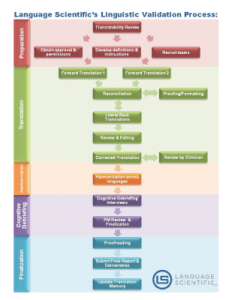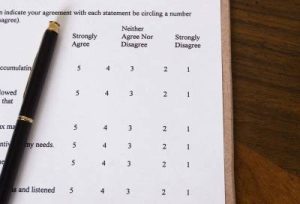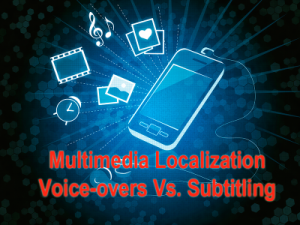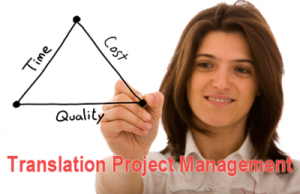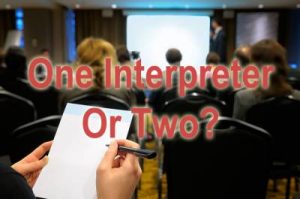
This blog on Pharmacy Language Requirements rightfully belongs to our subsidiary RxTran, but since our CEO Brian Kratt is standing today to deliver a presentation on nationwide pharmacy language laws and options for pharmacies to offer language services, I thought it only right to make it my blog topic. Increasingly, pharmacies recognize the mandates to … Learn More

